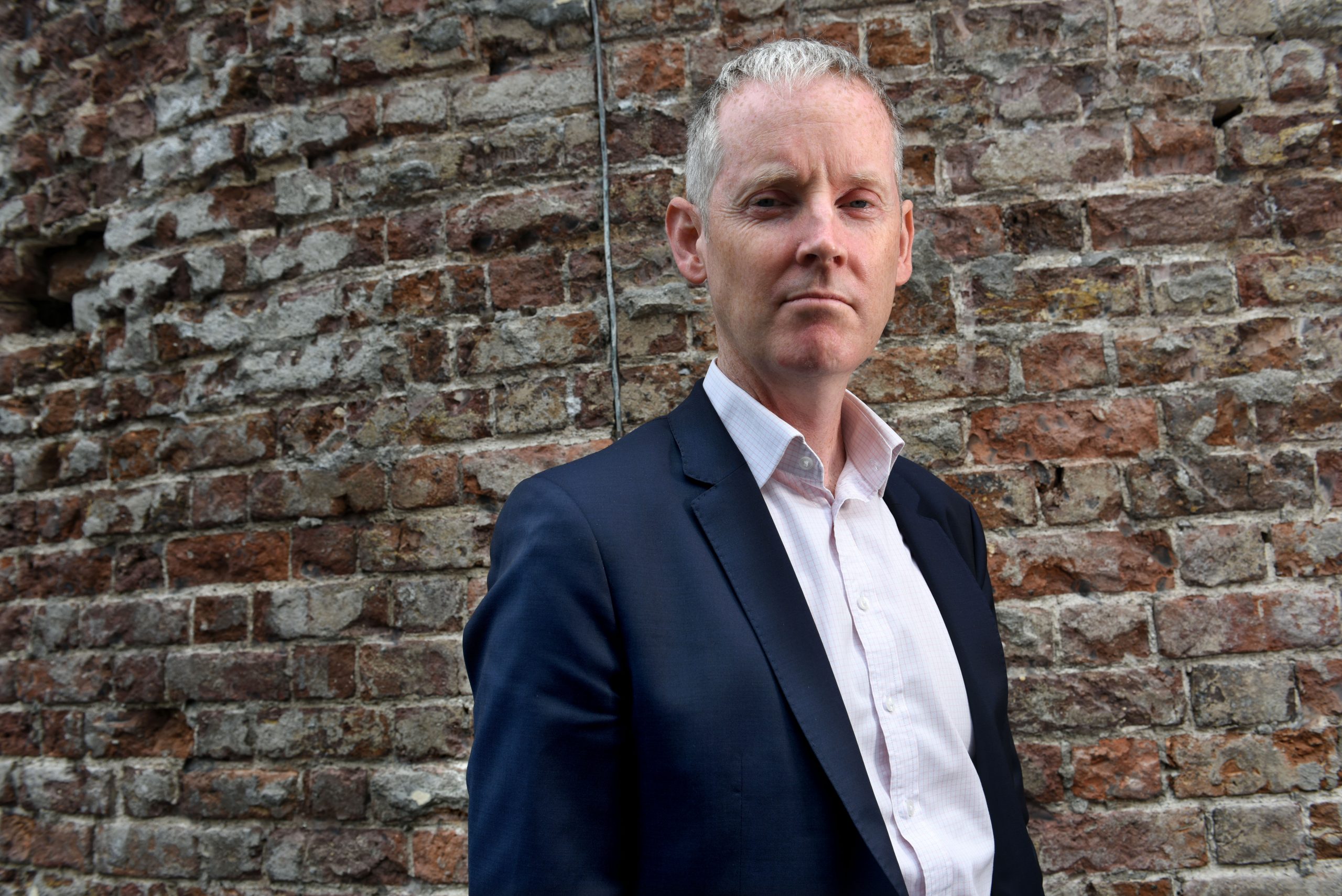It is just six months since I last spoke with Andrew McDowell, the Irish economist who serves as vice-president of the European Investment Bank (EIB). But, as the economic damage from the Covid-19 epidemic deepens, six months is a lifetime. When we last spoke, McDowell explained how the EIB, primarily known for financing large scale infrastructure projects, was broadening its reach to finance innovative, high-potential business, particularly those in the green economy. The EIB had spotted a funding gap for mid-sized European companies and was beginning to use its reservoir of cheap funding to develop European industry. “We are able…
Cancel at any time. Are you already a member? Log in here.
Want to continue reading?
Introductory offer: Sign up today and pay €200 for an annual membership, a saving of €50.

